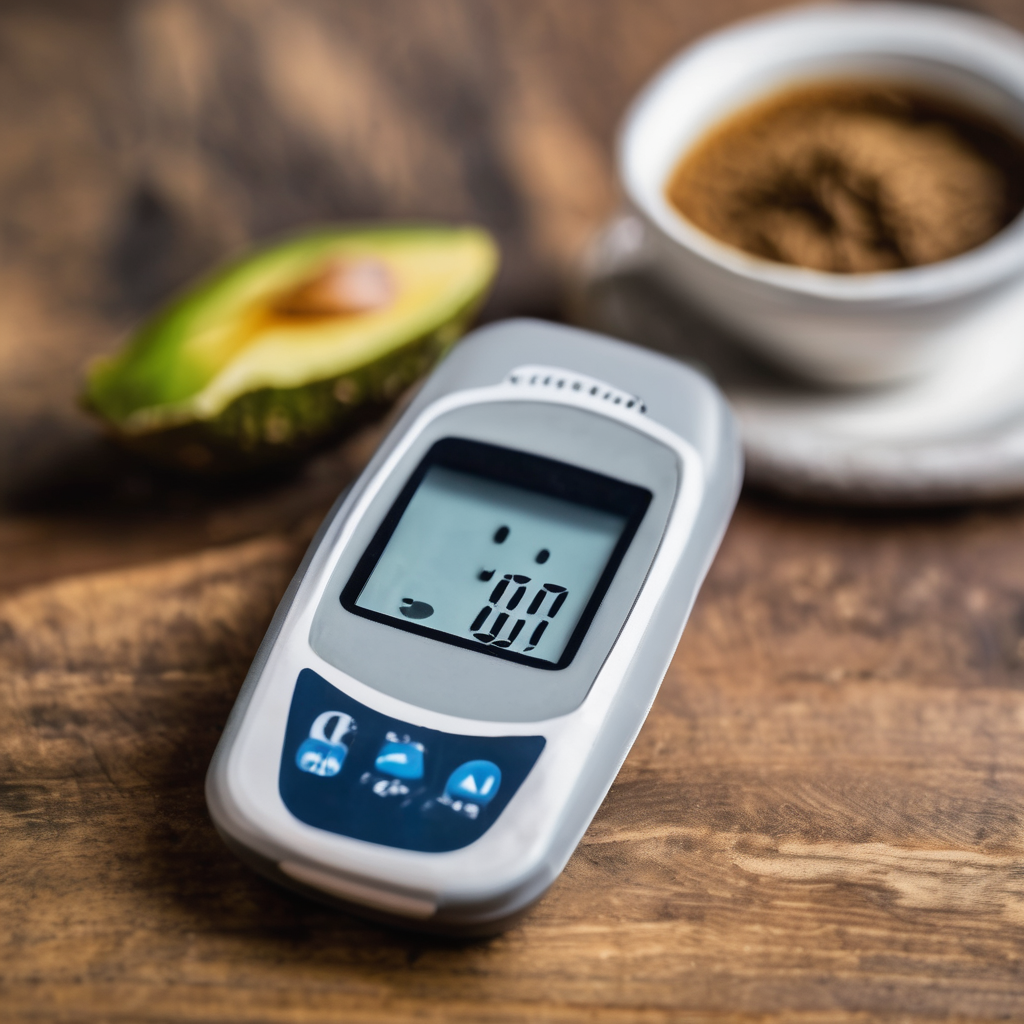Fiji is witnessing a concerning rise in diabetes diagnoses among adolescents, as highlighted by Kini Marawa, the executive director of Diabetes Fiji. Historically, diabetes was predominantly observed in adults aged 45 and older, but there is now an alarming trend of young people, including those in their 20s, 30s, and even teenagers, being diagnosed with type 2 diabetes. Although Marawa did not disclose specific numbers, he emphasized the urgency of addressing this shift.
This increase in diabetes cases among the youth is attributed to several lifestyle factors, including unhealthy diets, a lack of physical activity, rising obesity rates, and increasing stress levels. Moreover, the emergence of gestational diabetes in younger mothers presents another red flag, as it poses a risk not only to the mothers but also increases the likelihood of their children developing diabetes later in life.
Screenings conducted through the “Young Diabetes Fiji” program have confirmed that the phenomenon is growing, with more young individuals presenting with type 2 diabetes. Marawa advocates for immediate intervention, calling for enhanced prevention efforts in schools, youth programs, and maternal health services to curb the escalating trend.
This rising tide of diabetes not only threatens the health of the individuals involved but may also impact the country’s productivity and healthcare initiatives. Health officials have previously noted that nearly one in three diabetes cases in Fiji are identified only after serious complications arise, which can further strain the nation’s healthcare system.
The urgent need for community engagement and lifestyle changes has been echoed by various health advocates in Fiji. Previous initiatives, such as educational camps for young diabetics, have been launched to empower children with knowledge regarding self-care and healthy living.
While the statistics are alarming, there is hope for change. Increased awareness and proactive efforts can foster healthier habits among the youth, ultimately leading to improved health outcomes. With a collective commitment to education and community support, Fiji aims to tackle the rising diabetes epidemic and promote better health practices for its younger generations. Through continued advocacy and lifestyle reforms, the nation can work towards reversing the current trend and ensuring a healthier, more resilient future.
